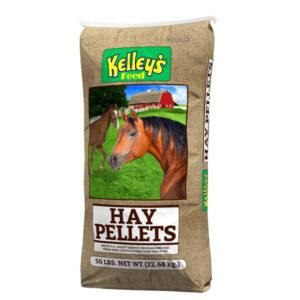Hay vs. Grain: What’s Best for Your Horse?
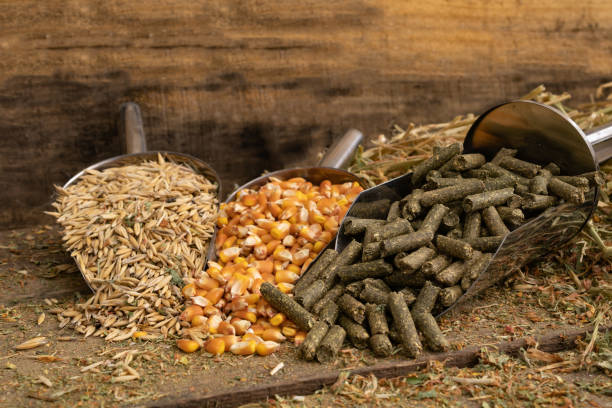
Feeding your horse the right diet is crucial for its health, performance, and longevity. Two primary components of equine nutrition are hay and grain. Understanding the benefits and drawbacks of each can help you make informed decisions tailored to your horse’s needs.
Understanding Hay
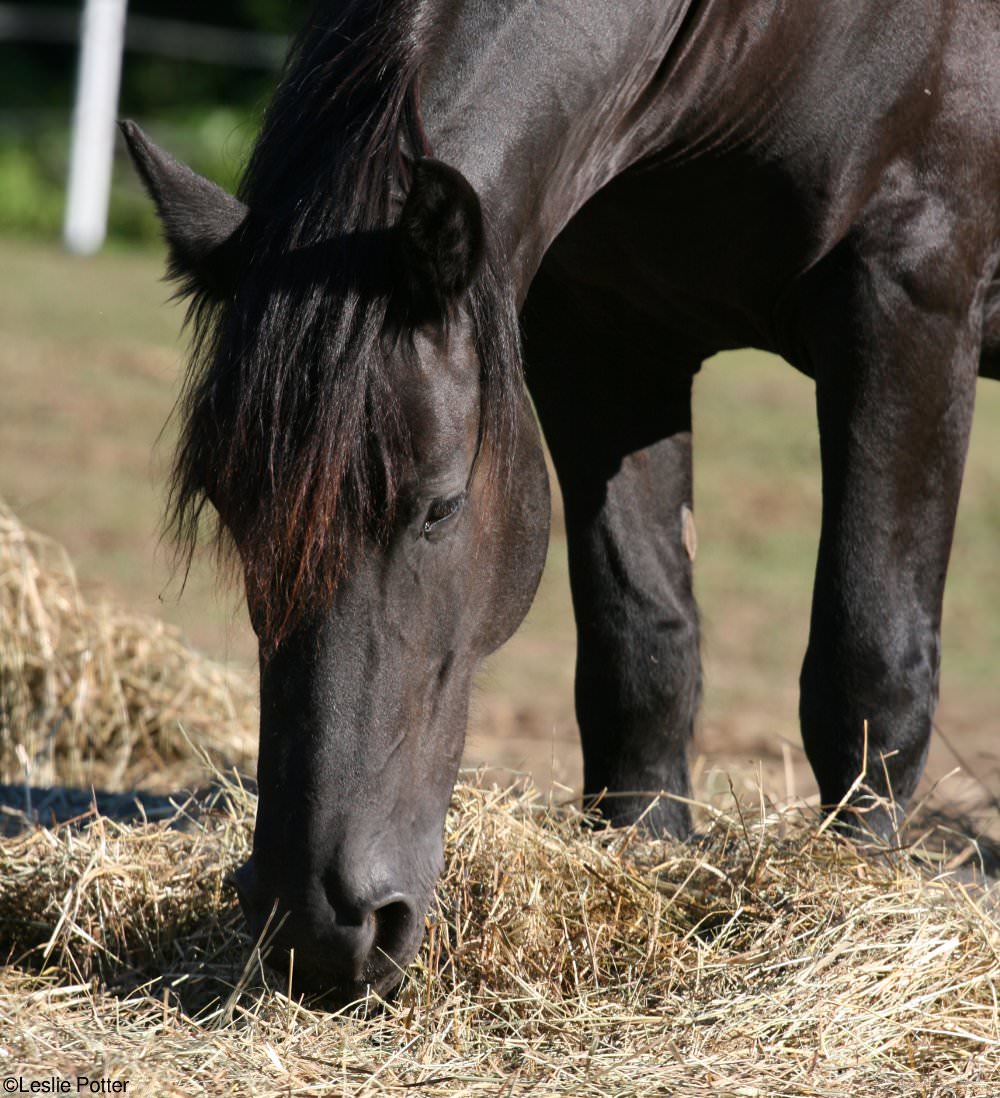
Hay is dried grass or legumes and serves as the foundation of most horses’ diets. It provides essential fiber, which is vital for healthy digestion.
Types of Hay
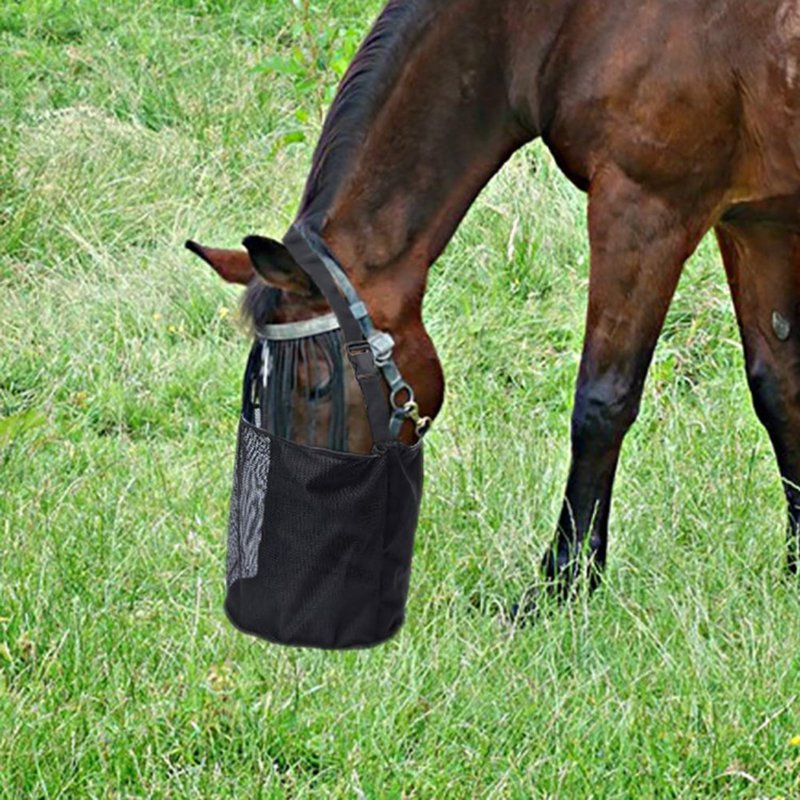
| Type | Description | Nutritional Benefits |
|---|---|---|
| Timothy | Popular grass hay, high in fiber | Good for adult horses, low in sugar |
| Alfalfa | Legume hay, rich in protein | Supports growth and lactation |
| Orchard Grass | Soft, palatable grass hay | Balanced fiber and energy |
Benefits of Hay
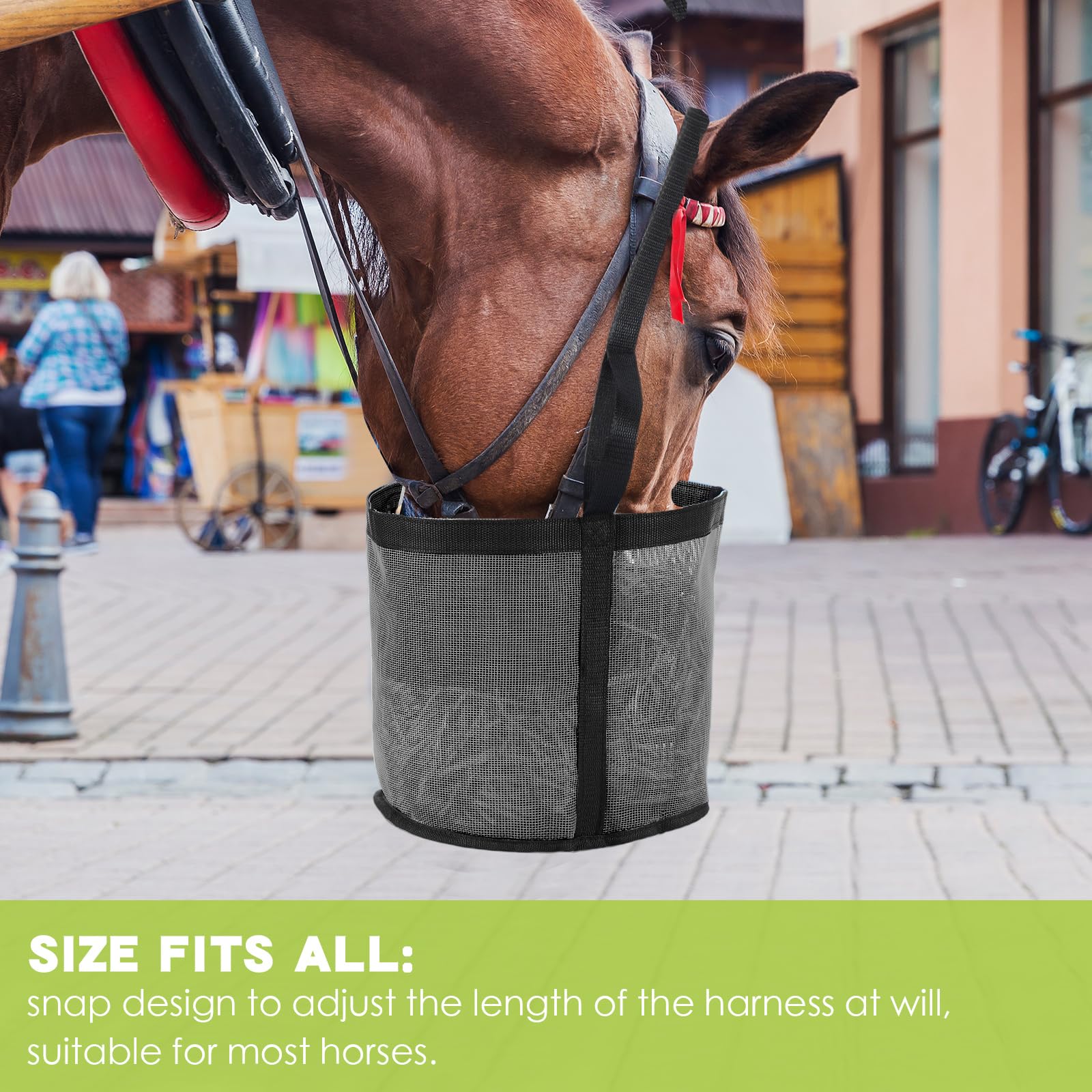
- Promotes healthy gut function through fiber
- Helps maintain steady energy levels
- Supports dental health by encouraging chewing
Understanding Grain
Grain is a concentrated source of energy, typically including oats, barley, or corn. It is often fed to horses with higher energy demands.
Types of Grain
| Grain Type | Description | When to Use |
|---|---|---|
| Oats | Easily digestible, moderate energy | Good for most horses |
| Barley | Higher energy than oats | Suitable for performance horses |
| Corn | Very high energy, less digestible | Use sparingly, for hard keepers |
Benefits of Grain
- Provides quick energy for active horses
- Supports weight gain in underweight horses
- Can be fortified with vitamins and minerals
Hay vs. Grain: Key Considerations
| Factor | Hay | Grain |
|---|---|---|
| Fiber Content | High, essential for digestion | Low, can cause digestive upset |
| Energy Density | Moderate | High |
| Feeding Frequency | Can be fed free-choice | Usually limited amounts |
| Risk of Colic | Lower | Higher if overfed |
Making the Right Choice
- Assess your horse’s workload: Active horses may need more grain.
- Consider health conditions: Horses with metabolic issues may do better on hay.
- Monitor body condition: Adjust feed to maintain ideal weight.
- Consult a veterinarian or equine nutritionist: Personalized advice is invaluable.
Frequently Asked Questions (FAQ)
Q1: Can I feed my horse only hay?
Yes, many horses thrive on a hay-only diet if it meets their nutritional needs.
Q2: How much grain should I feed my horse?
Grain should be fed according to energy requirements, typically not exceeding 0.5% of body weight per day.
Q3: What are the risks of feeding too much grain?
Overfeeding grain can lead to colic, laminitis, and behavioral issues.
Q4: Is alfalfa better than grass hay?
Alfalfa is higher in protein and calcium, beneficial for growing or lactating horses but may be too rich for others.
Choosing between hay and grain depends on your horse’s individual needs, activity level, and health status. A balanced approach often yields the best results for maintaining optimal equine health.
